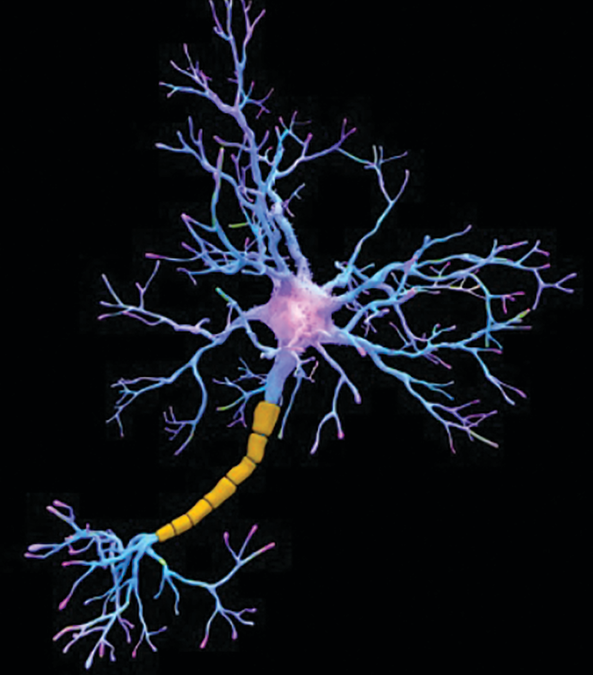Michael Scott, is the co-owner of the award winning, locally based, specialist, home care company Right at Home Mitcham Streatham and Dulwich. Here we focus on the incredible mystery of the brain and the effects of brain disease.rightathome.co.uk/Mitcham
Understanding Brain Disease
By the time we reach 85, half of us will be living with some degree of dementia. Since 2011 dementia has been the leading cause of death for women. Dementia is an umbrella terms for a disease of the brain. It is incurable – which is not surprising considering 90% of the brain remains a complete mystery.
Inspection of the brain by sight and under the microscope, only deepens the mystery. It weighs around 3lbs and is made up of 60% fat. The remaining 40% is a combination of water, protein, carbohydrates and salts. How such organic matter can combine to perform such complex functions, is beyond science – and just about – beyond our imagination.
Our brain is crammed with 86 billion nerve cells called neurons. These cells last a lifetime. We do not know how it works. All we can detect are electrical pulses lasting milliseconds. Despite centuries of science, no one knows how the brain captures information, forms memories and codes all the sights, sounds and smells we are bombarded with every day. That said, it is believed the brain’s capacity to do this is almost limitless. On top of this, we do not understand sleep nor consciousness. In short we do not know much!
Dementia effects everyone differently. There are many types of brain disease each with their own symptoms and prognosis. Memory loss is common but those supporting loved ones living with dementia may see a bewildering array of unexpected (and out of character) behaviour including anger, aggression, paranoia, asking for someone who has passed away, wandering, agitation, repetitive behaviours, inappropriate sexualised behaviour, refusing medication and swearing.
Encouragingly some drugs are now available to slow or reduce the effects of dementia. However, there remains a lot of stigma linked to dementia. This can create feelings of loneliness or isolation causing considerable pain and misery. Negative stereotypes often cause us to assume the worst – so we just see the disease and not the person.
With love and care however – focussing on what is possible and being positive – it is possible to improve the person living dementia’s well-being. Getting out into the community can reduce social isolation. It also helps to have a stable support team, so trust is built and maintained.
By thinking laterally, carers can often revive old hobbies and pastimes that may distract the person from anxiety or other signs of distress. One of our clients – a former engineer with advanced dementia – was quite happy doing maths puzzles for hours a day, relieving his normal state of constant anxiety. Many clients love to look at old photos and reminisce about their childhood and major life events.
As the dementia advances we see the memory erode whilst, at the same time, it seems to cling-on to core memories, key to our identity. Invariably the longest lasting memories, stored in the deepest part of the brain, are favourite old music and classic songs, hence the fantastic Signing for the Brain sessions that we can all enjoy, joyfully singing together to our final days!

